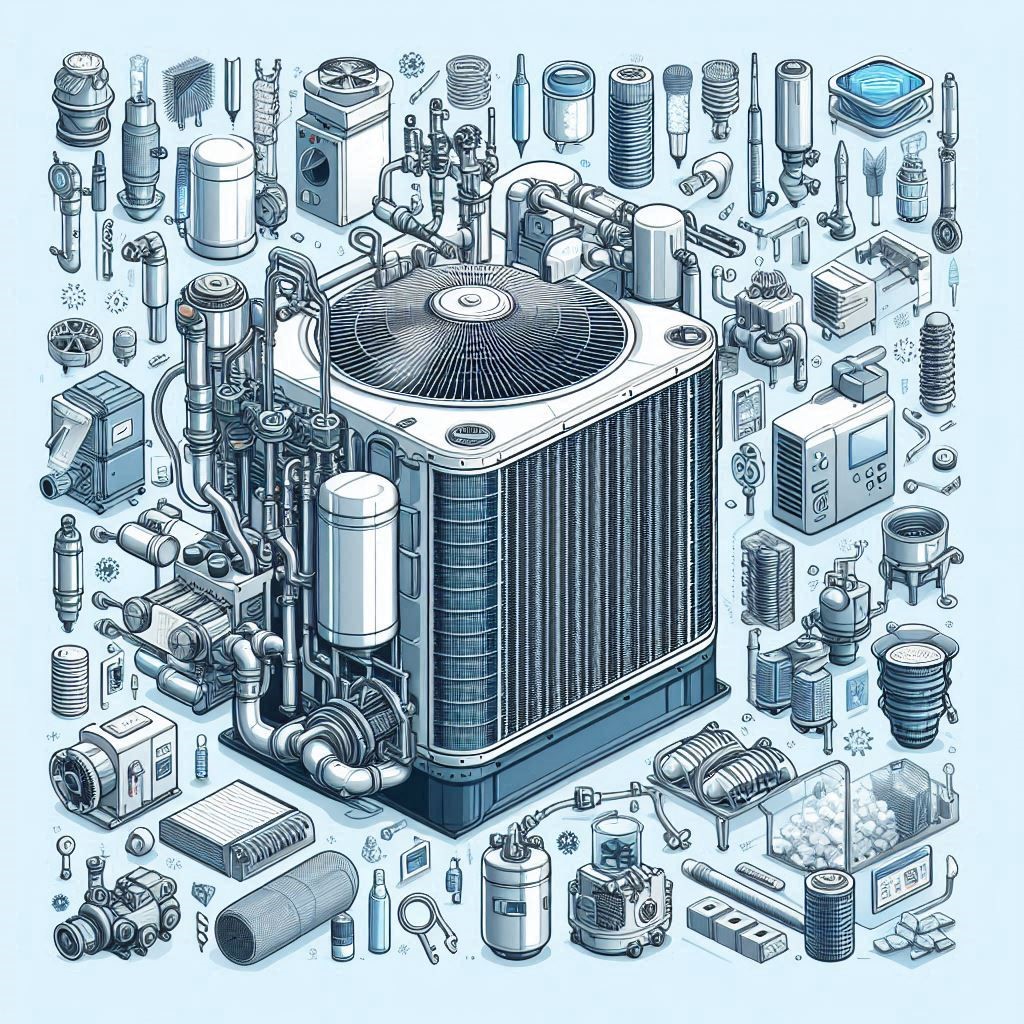The cooling cabinets industry is an essential component of modern refrigeration, underpinning sectors ranging from food retail and hospitality to healthcare and pharmaceuticals. These cabinets ensure that perishable products are stored at optimal temperatures, maintaining quality and safety. As market dynamics shift and technology advances, it is crucial to understand the key factors driving the industry and the opportunities on the horizon.
Growing Demand for Food Safety and Extended Shelf Life One of the foremost drivers in the cooling cabinets market is the escalating global emphasis on food safety and freshness. Consumers increasingly prioritize high-quality, fresh, and safe food products, and regulatory bodies are tightening standards to reduce foodborne illnesses. Cooling cabinets enable retailers and foodservice operators to preserve produce, dairy, meats, and other perishable items by maintaining precise and stable temperatures. This not only helps in extending shelf life but also minimizes food waste, which is a growing social and environmental concern. As a result, businesses are investing in more reliable and technologically advanced cooling solutions to meet these evolving needs.
Technological Innovations Transforming the Industry Technology has become a powerful catalyst in the cooling cabinets industry, reshaping how these products function and are managed. Modern cooling cabinets often feature smart capabilities such as Internet of Things (IoT) sensors, enabling real-time temperature monitoring and alerts. These innovations facilitate proactive maintenance by identifying potential faults before they cause breakdowns, thus reducing downtime and repair costs. Additionally, energy-efficient compressors and refrigeration technologies are being integrated to lower operational costs and environmental impact. The adoption of cloud-connected systems is another emerging trend, allowing operators to manage multiple units across locations remotely, streamlining operations and enhancing overall efficiency.
Environmental Sustainability and Regulatory Pressure Environmental sustainability is increasingly influencing the design and manufacture of cooling cabinets. Governments worldwide are imposing stricter energy efficiency standards and regulations aimed at reducing carbon footprints and curbing greenhouse gas emissions. This has pushed manufacturers to explore alternative refrigerants with low global warming potential (GWP) and to innovate with insulation materials and cooling technologies that consume less energy. Customers, too, are more environmentally conscious and prefer sustainable solutions that align with their corporate social responsibility goals. The industry’s response to these pressures has resulted in a surge of eco-friendly cooling cabinets that balance performance with sustainability.
Download PDF Brochure @ https://www.marketsandmarkets.com/pdfdownloadNew.asp?id=250448757

Healthcare and Pharmaceutical Sector Expansion The healthcare and pharmaceutical sectors represent a significant growth avenue for the cooling cabinets industry. The storage of vaccines, biologics, blood products, and temperature-sensitive medicines demands highly reliable refrigeration solutions with stringent temperature control. Recent global health challenges, such as the COVID-19 pandemic, have spotlighted the critical need for robust cold chain infrastructure. As healthcare facilities and pharmaceutical companies invest heavily in refrigeration to support vaccine distribution and medical research, the demand for advanced cooling cabinets capable of maintaining ultra-low and stable temperatures is on the rise. This trend is expected to continue as medical technology evolves and healthcare access expands worldwide.
Foodservice and Retail Industry Growth in Emerging Markets Emerging economies are witnessing rapid urbanization and an expanding middle class, which is fueling growth in foodservice outlets, supermarkets, and convenience stores. This expansion necessitates versatile and efficient cooling cabinets to accommodate a broad variety of perishable products. Unlike traditional markets where standard sizes suffice, these developing markets often require adaptable cabinet designs to suit smaller retail spaces or mixed-use environments. Additionally, as consumer preferences evolve towards fresh and frozen ready-to-eat meals and beverages, cooling cabinets with advanced features like adjustable temperature zones and humidity controls are gaining traction. The resulting surge in demand is attracting manufacturers to tailor products for diverse geographic and economic contexts.
Future Outlook: AI, Customization, and Renewable Energy Integration Looking ahead, the cooling cabinets industry is poised to benefit from several technological and market-driven advancements. Artificial Intelligence (AI) and machine learning will increasingly be embedded into cooling systems, enhancing predictive maintenance, energy management, and autonomous temperature regulation. This will allow cooling cabinets to self-optimize based on usage patterns and external environmental conditions, resulting in significant efficiency gains.
Customization is another emerging trend, with manufacturers offering modular and configurable solutions to meet specific customer requirements. Whether it’s for small retail stores, large food processing plants, or specialized laboratory environments, bespoke designs will enable more efficient use of space and resources.
Furthermore, the integration of renewable energy sources such as solar power with cooling cabinets will gain momentum, particularly in regions with unreliable electricity supply or a strong emphasis on sustainability. Solar-powered refrigeration units and hybrid systems will not only reduce energy costs but also promote energy independence in remote locations.
The cooling cabinets industry stands at the intersection of technological innovation, sustainability imperatives, and expanding global demand. Its evolution is shaped by growing food safety concerns, regulatory changes, healthcare needs, and the rapid growth of retail and foodservice sectors worldwide. By embracing cutting-edge technology, energy-efficient designs, and sustainable practices, the industry is well-positioned to meet future challenges and unlock new opportunities. Businesses that adapt to these trends will not only improve operational efficiency but also contribute to a more sustainable and resilient refrigeration ecosystem.
